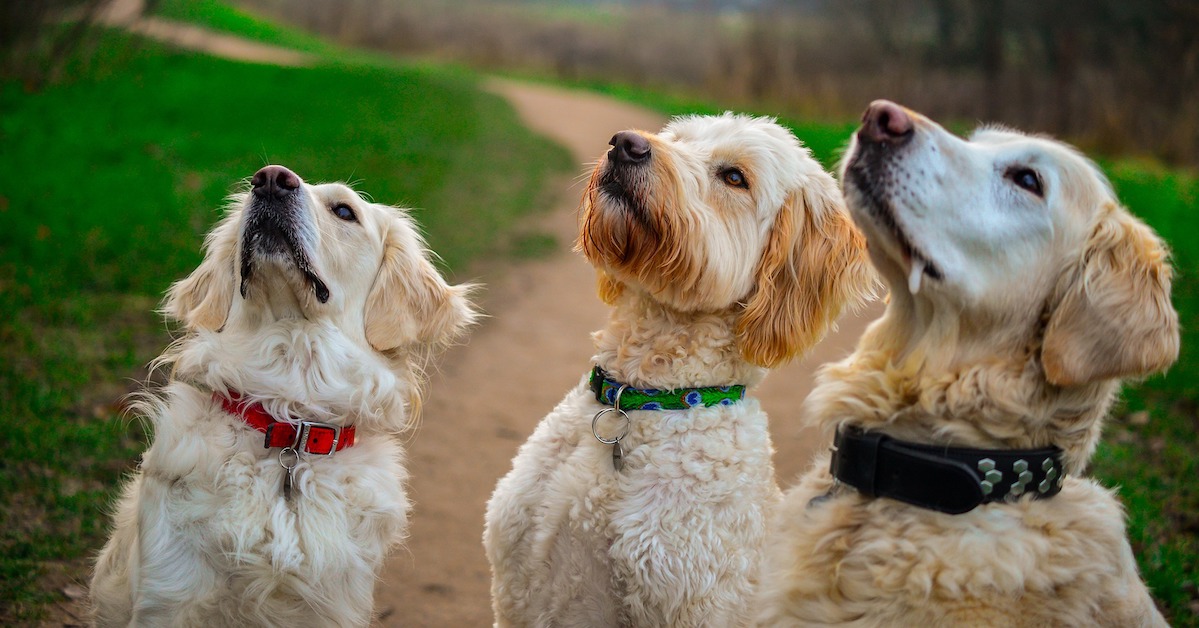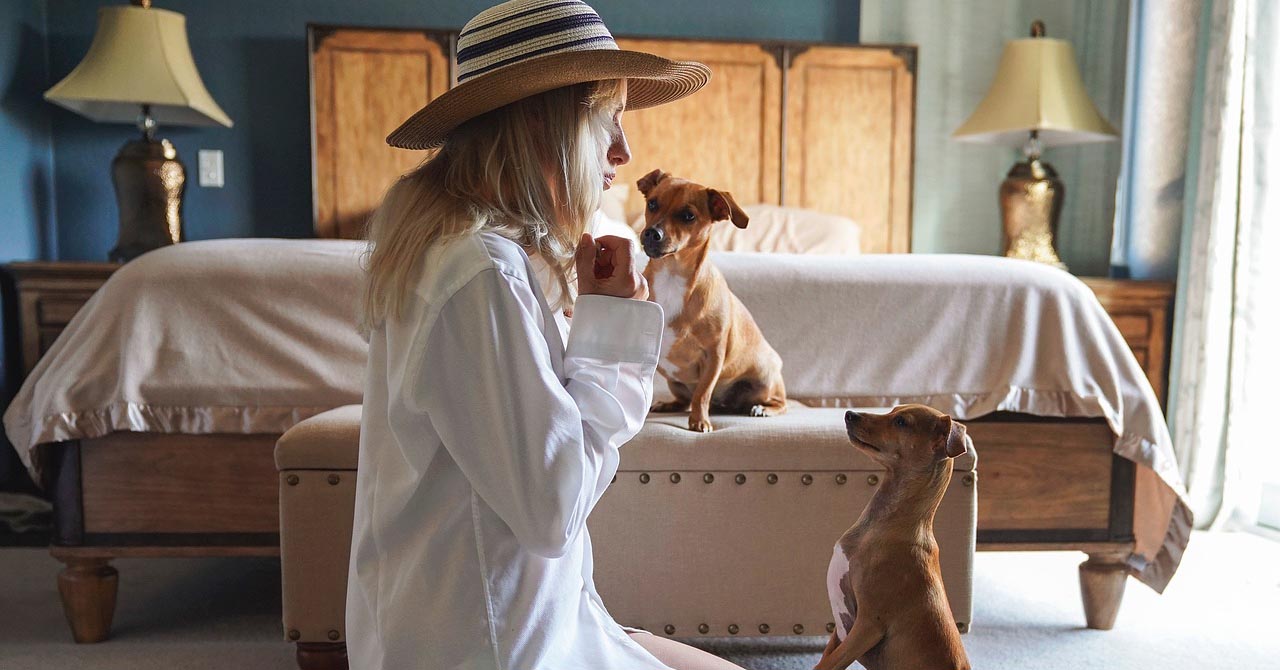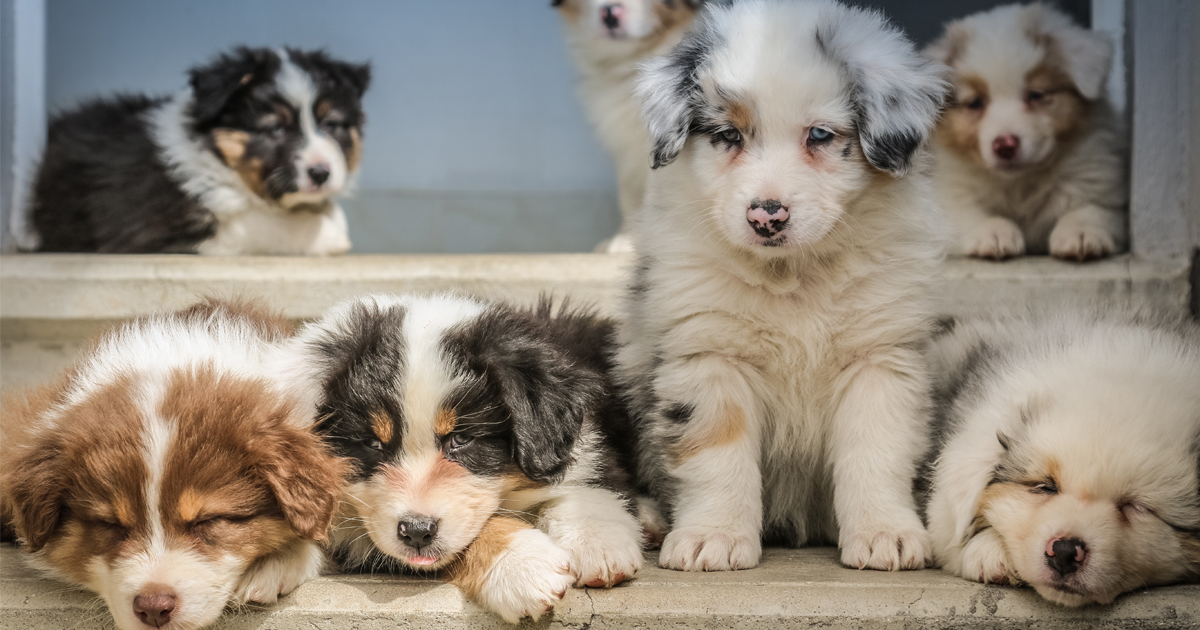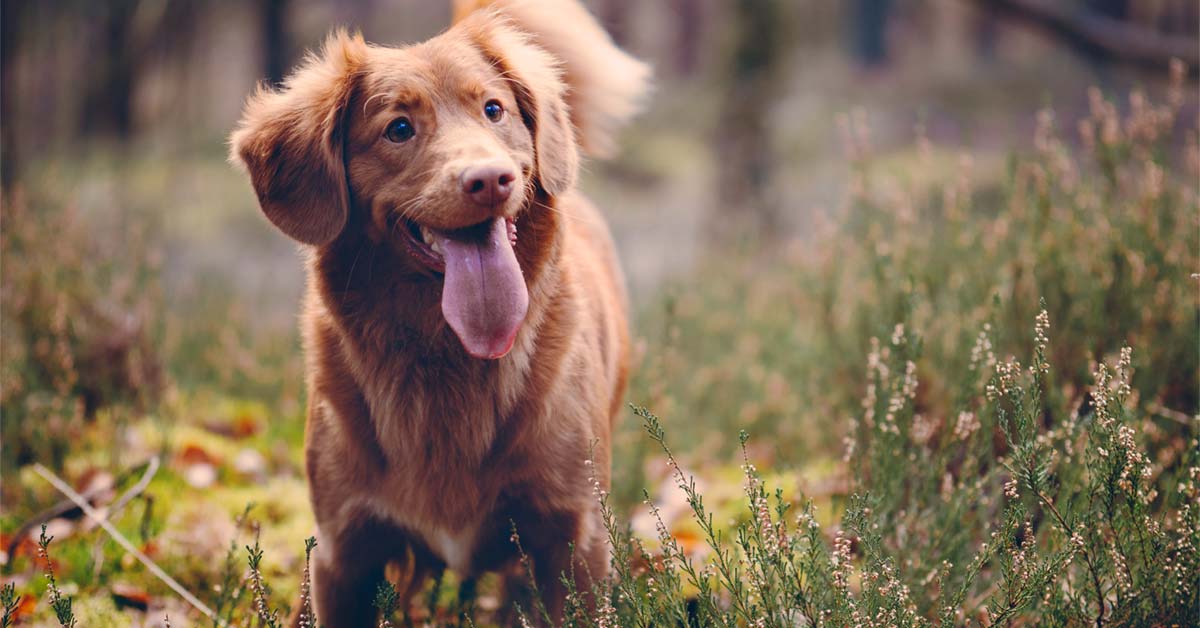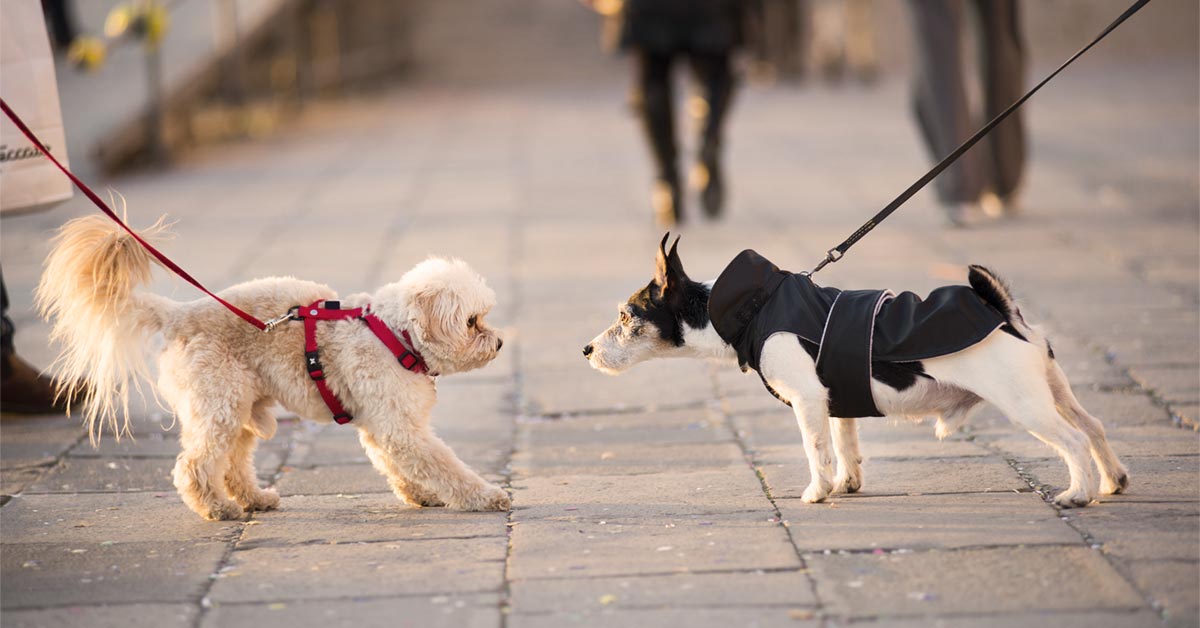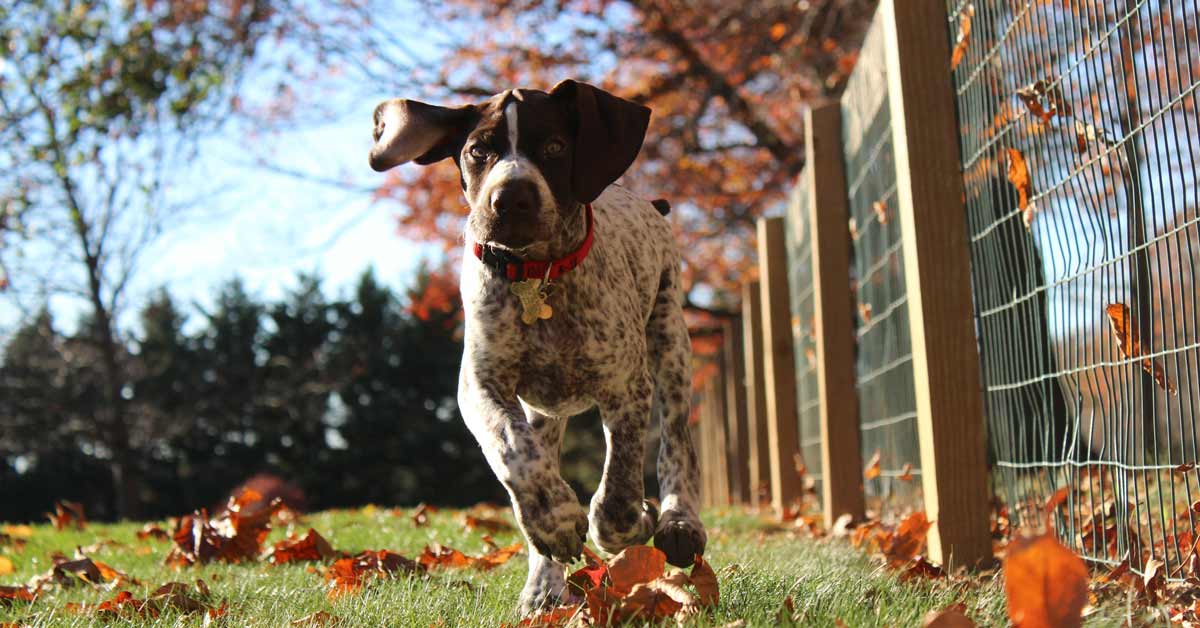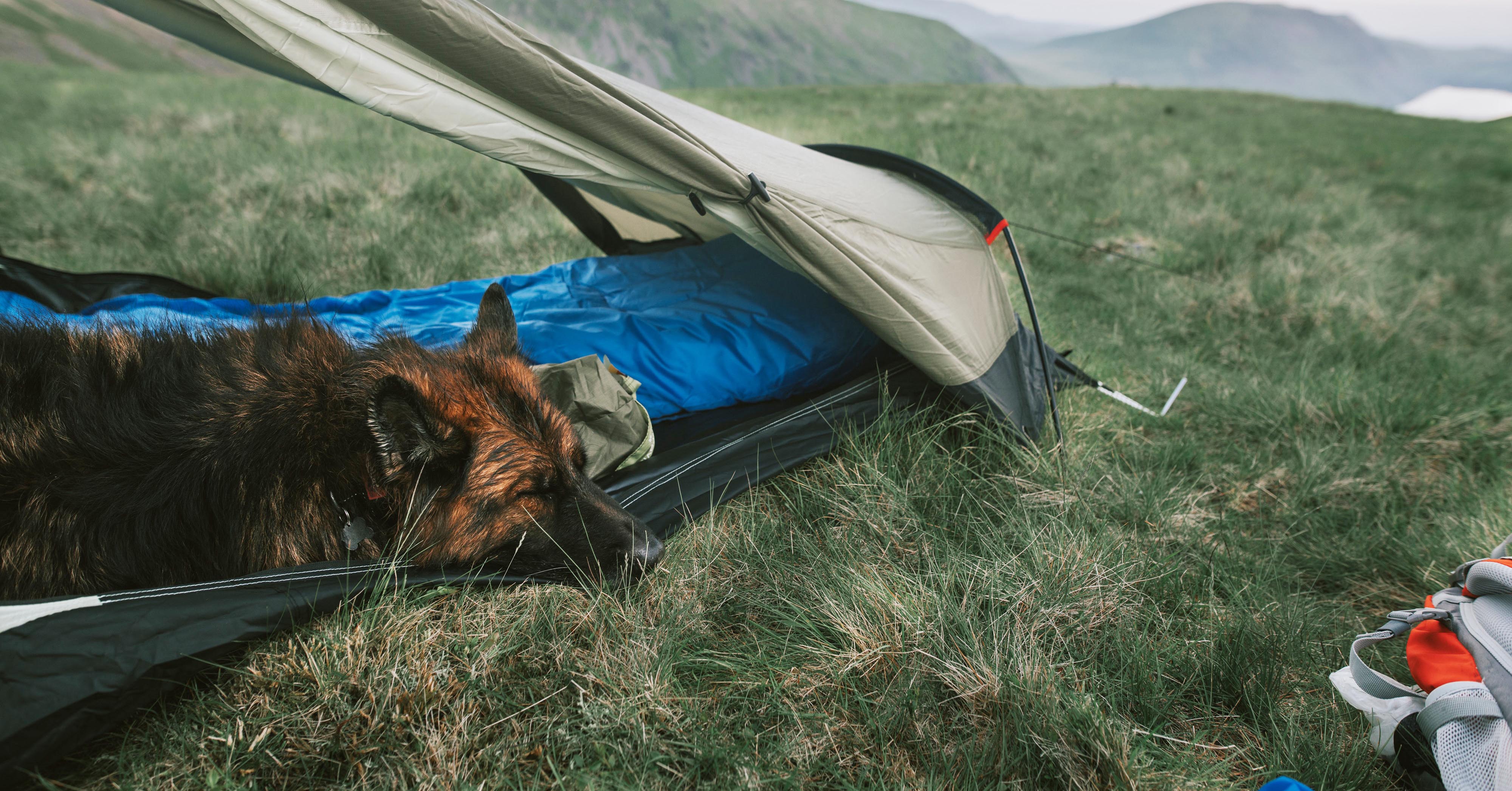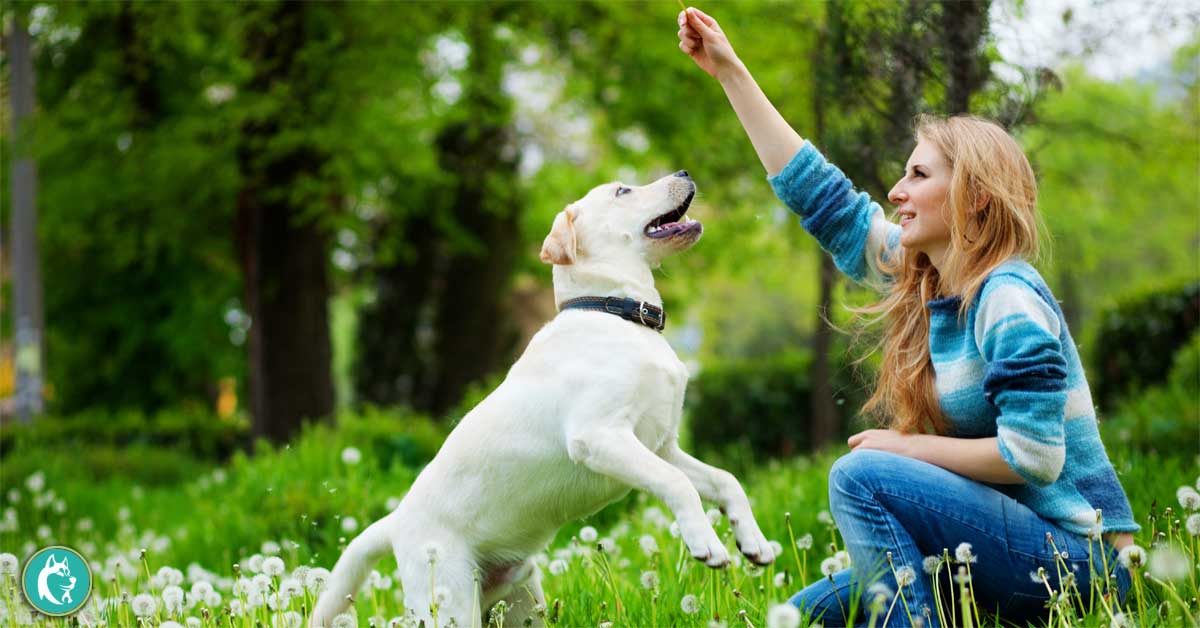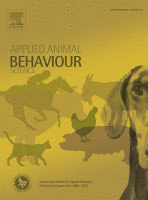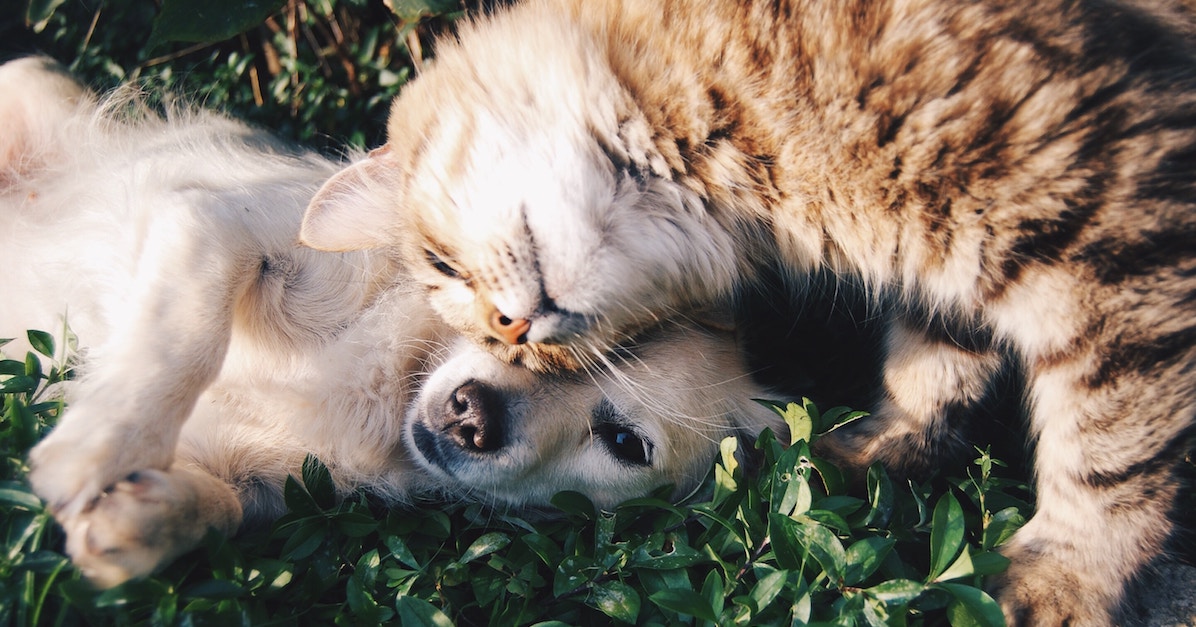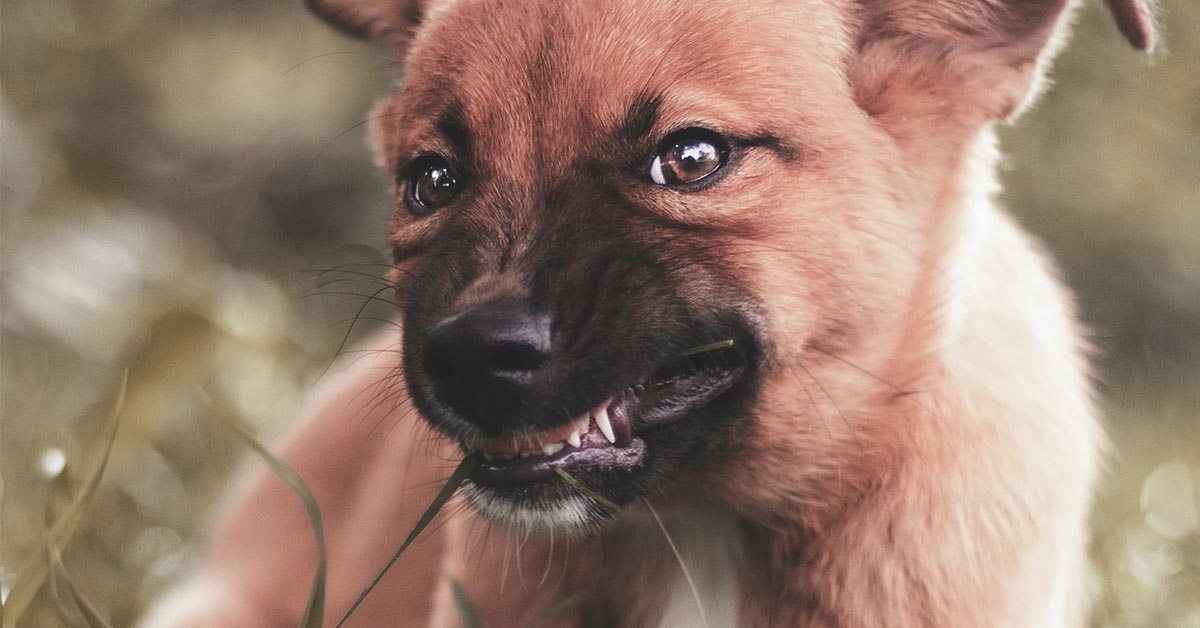"Sit, Stay, Lay"
Getting your dog to do something for a treat is a great way to tie a positive reward to a good behavior but you don't want to have to have training treats on you forever. You just want your dog to learn how to listen. Choosing positive reinforcement training for your dog is the best decision you can make for their health and well being but you may be scared off if you are worried about being reliant on treats. Worry no more! A professional dog trainer will teach you that your dog isn't motivated only by treats and how to work away from having to use them.
The Reward Pyramid
Dogs are just like humans in that they place value on rewards. While we have a monetary system, theirs is based on how much joy the reward brings. Food is a huge motivator for dogs and it is a great tool to help you build new behaviors. In terms of treats, your dog is going to value some more than others. Freeze dried meat is going to be valued more than a biscuit. A positive reinforcement dog trainer will ask you to be smart about which rewards you give at various times. High value treats are reserved for learning new behaviors or when distractions are causing difficulty. If you are working on behavior that comes very easily to your dog or you are in a low distraction area, you will give your lowest value training treat. What is below high and low value treats are your dogs natural motivators such as talk, touch, eye contact, or whatever it is that they are wanting at the moment like moving forward on a walk.
Go With The Flow
Being successful training your dog requires that you follow the ebb and flow of their behavior. If your dog is performing well, you can afford to reward with your dog with a lower value reward. If your dog is struggling with a difficult distraction or a complicated command, you may have to raise the value of your reward. When it gets easy challenge your dog to raise their skills, when it gets hard find a way to be successful to keep your dog's confidence up.
It's All About Building a Routine
The goal is to have your dog get as many right answers as possible. Just like Pavlov's dog, your dog will start to perform the right behavior without you asking and without a treat in hand as that routine in cemented in. Just like with humans, it can take 30-90 consistent repetitions to form a new habit, how long it takes you to get in that practice is totally up to you. Remember that, your dog will be as consistent as you are. It is just as crucial, if not more, to train your own habits if you hope to train your dogs
Practice makes perfect
The key to achieving in goal is being fully committed to it. Your dog will need regular and consistent practice to change their habits in the long term. If they don't use it, they lose it! Stay consistent and you will see success without treats.
Do you have a question about training with treats? Book a free in-home meet and greet with one of our Knoxville dog trainer today!




